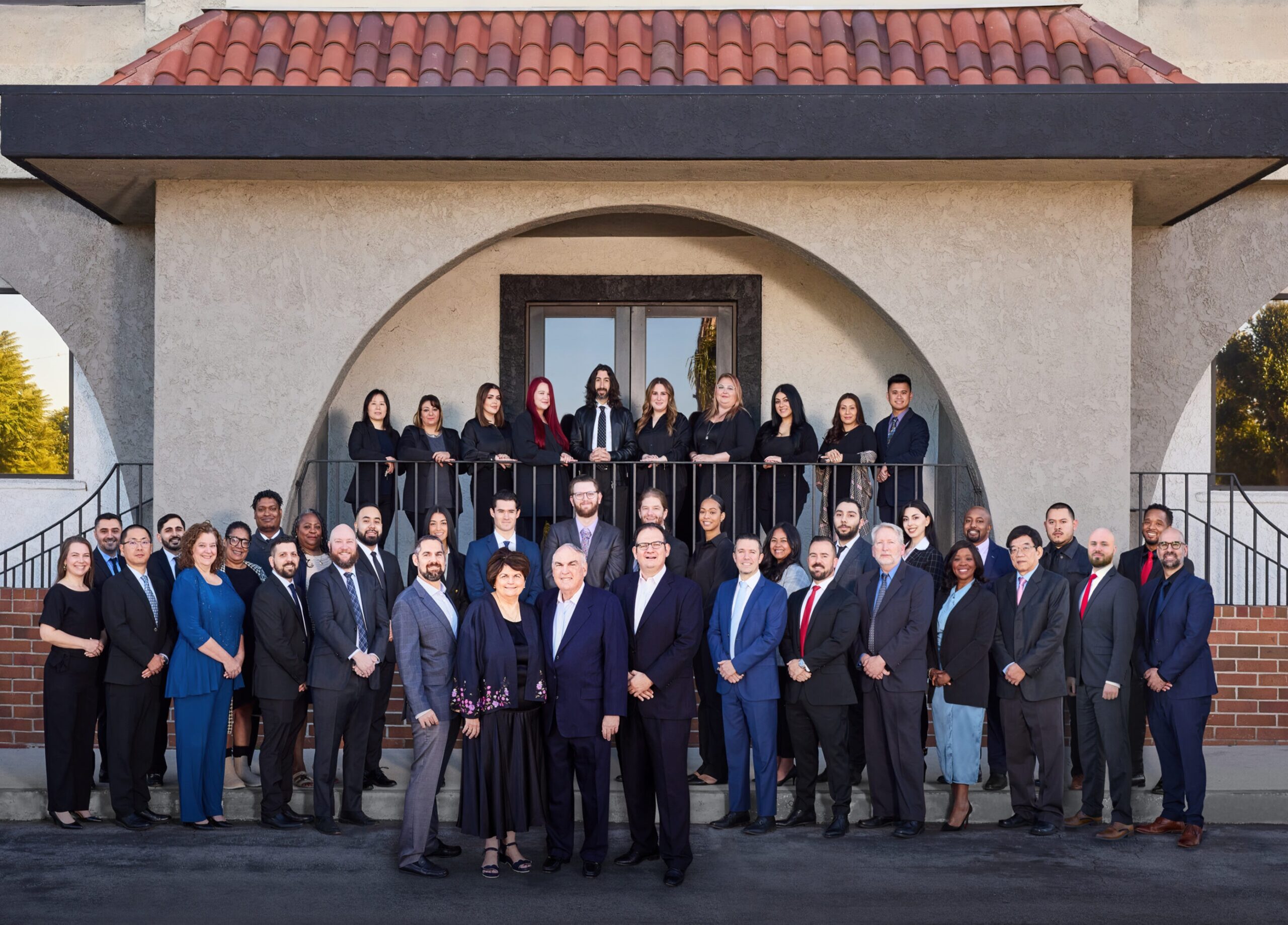What is the qualified business income (QBI) deduction?
To answer your question, the qualified business income deduction allows eligible self-employed and small-business owners to deduct up to 20% of their qualified business income on their taxes.
In simple terms, if your total taxable income in 2019 was under $160,700 for single filers or $321,400 for joint filers, you may be qualified to claim the QBI deduction. Currently in 2020, the limits have risen up to $163,300 for single filers and $326,600 for joint filers. However, if you are over these limits, there are a few complicated IRS rules that have to determine whether your business income qualified for a full or partial deduction.
How does the qualified business income deduction work?
First, you must have a “pass-through” business. Why? Because the qualified business income deduction is for individuals who have “pass-through income,” which is business income that you can report on your personal tax return.
Entities that are eligible for the QBI deduction include the following:
- Sole Proprietorships
- Partnerships
- S Corporations
- Limited Liability Companies (LLCs)
Additionally, you must also have “qualified business income.”
Qualified business income deduction by definition applies to “qualified business income,” or QBI. QBI is defined as “the net amount of qualified items of income, gain, deduction and loss with respect to any trade or business.” Basically, this means your business’ net profit.
However, this also means that not all business income qualifies. QBI excludes the following:
- Capital Gains or Losses
- Dividends
- Interest Income
- Income Earned Outside the US
- Certain Wage and Guaranteed Payments Made to Partners and Shareholders
Moving along, your income level also matters.
If your total taxable income (not just your business income, but other additional income) is at or below $160,700 for single filers or $321.400 for joint filers, then you would probably qualify for the 20% deduction on your taxable business income in 2019. As aforementioned, the limits are $163,300 for single filers or $326,600 for joint filers in 2020.
If you’re over the income limit…
There are a few tests that determine whether you qualify for the QBI deduction. One test includes: Is your business a “specified service trade or business?”
How do you know?
Your business is deemed a “specified service trade or business” if you’re a doctor, lawyer, consultant, actor, financial planner, etc. Many high-income earners in these mentioned fields won’t qualify for this tax break however, as it disappears when you hit total taxable income of $210,700 if you’re single, and $421,400 if you’re married and filing jointly.
Tests for Pass-Through Businesses Over the Income Limit:
- If your business is a “specified service trade or business” in 2019, and your income is from $160,700 to $210,700 (single filers) or from $321,400 to $421,400 (joint filers).
- If you own a business with pass-through income that’s not a “specified trade or business,” and your 2019 taxable income topped $160,700 (single filers) or $321,400 (joint filers).

